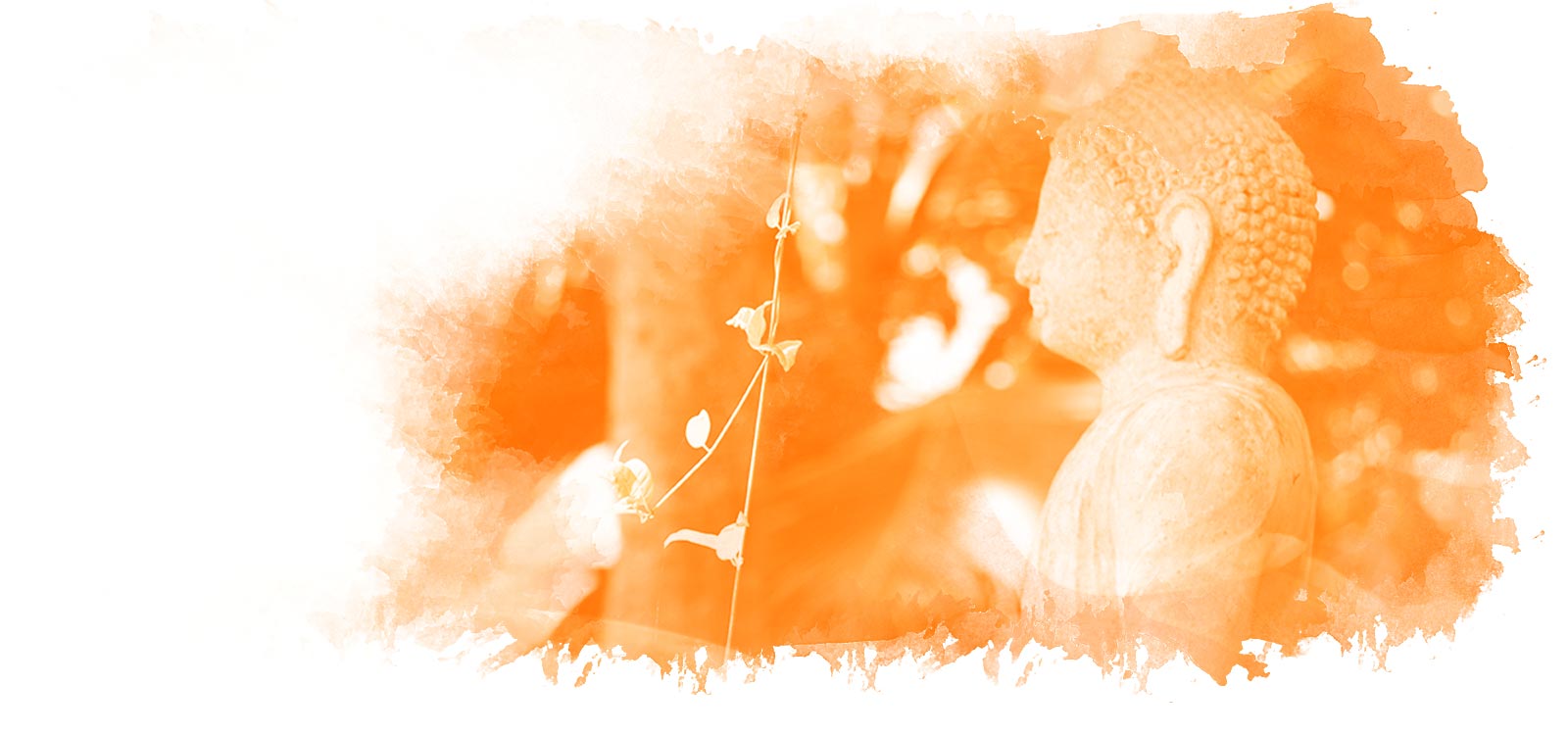-
 Ayurveda –The mother of medicine
Ayurveda –The mother of medicine
Ayurvedic knowledge and teachings originated in ancient India and are based on scriptures that are more than 2500 years old. To this day it is regarded as the oldest healing method in the world; its influences can be found in the traditional Chinese medicine, herbal medicine of the Western countries and in modern Medicine today. The term derives from the ancient Indian language, Sanskrit, and translates to “Knowledge of Longevity.”
Initially, much of the extensive knowledge on Ayurveda was passed down by Indian seers (Rishis) in oral form from one generation to the next. It was not until much later that the Ayurvedic teachings were written down and are known today as the Vedas. These ancient, Indian scriptures, written in Sanskrit date back to the second millennium before Christ. The Vedas are also the original texts for the teachings and practice of Yoga.
Three of the ancient scriptures, which are between 2,500 and 1,200 years old, concern themselves with the Ayurvedic medicine and are of great importance: “Charaka Samhita,” “Sushuruta Samhita,” and “Ashthanga Angrahal Samhita.” These Sanskrit writings contain, among other things, information about the composition of the human body, topics, including pathogenic microorganisms and hygiene, and knowledge about surgical techniques.
2500 years ago, Sushuruta, the Indian physician and first world-famous surgeon, explained the Ayurvedic model of health:
One who is established in self, who has balanced doshas, balanced agni, properly formed dhatus, proper elimination of malas, well-functioning bodily processes and whose mind, soul and senses are happy is called a healthy person.
Sushruta Samhita, Sutrastahana, 15.38
The traditional Ayurveda treatment starts with an initial consultation with a pulse diagnosis (Nadi) and an assessment of the guest’s comprehensive medical history. The constitutional check-up and other examinations provide information about each guest and his/her individual reading of the bio-energies of Vata, Pitta, Kapha, which is relevant for the further Ayurvedic treatment.
Prakriti is one’s unique, natural constitution, with which we are born; an inborn metabolic pattern in a state of balance. Each person has a specific combination of the doshas. Though everyone has some of each, most people tend to have an abundance of one or two of the doshas, which has an impact on the person’s physical and mental characteristics.
The Sanskrit word “Dosha,” literally translated, means “fault” or “effect” (“that which darkens”). These doshas control all the tissues of the body (dhatus) and affect your health and can cause diseases, when they are out of balance.
All Vata, Pitta, and Kapha [the tridoshas], in normal state, endow the person with unaffected sense organs, strength and complexion and happiness and also with a long life-span as virtue, wealth and enjoyment pursued properly endow the person with great well-being here and in the world hereafter.
Charaka Samhita, Sutrasthana, 8.13
You will meet with your Ayurveda-physician for daily consultations, which are the basis for your individual treatment and diet plan. The doctors will support and monitor the progression of your treatment. The Ayurvedic treatment will strengthen your immune system, improve your circulation, purify your energies, and ensure inner balance.
A traditional Ayurveda cure heals the body comprehensively and relieves it of any many illnesses.
These include: diabetes, stomach irritation, digestive disorders, as well as problems of the skin, weight or the circulation, high blood pressure, asthma, allergies, or back pain.
But even mental suffering can be treated with Ayurveda. Stress, severe nervousness, burn-out, migraine, depression, or sleep disorders can be significantly alleviated by our cures.